Menopause & Emotions
Menopause symptoms can present themselves in many different ways, and every woman’s experience will be different. There is a lot of information on the physical symptoms, but what about the emotional symptoms of menopause - such as irritability, low mood/depression, anger/rage and low self-esteem.
There have been many moments when going through my peri-menopause that I woke up with what I can only describe as ‘a grey cloud shrouding me’, and generally feeling very ‘flat’ and disengaged with life. Thankfully these periods didn’t last for very long, and having more knowledge about menopause and how the fluctuations of our hormones can effect our emotions, that and having a very understanding husband, I managed to get through it. But many women can really struggle.
Some research studies suggest that there is a link between menopause and mood swings. This could explain why many women experience varying mood patterns during menopause. These studies suggest that menopausal mood swings are due to hormonal changes.
During menopause, the levels of the reproductive hormones oestrogen and progesterone decline, causing physical and psychological changes in the body.
Dr Louise Newson - a GP and menopause specialist says that almost every patient she sees will be experiencing some kind of emotional impact related to hormonal changes.
‘You really can run the gauntlet of feelings during the perimenopause and menopause,’ she explains. ‘Although a lot of the focus can be on physical symptoms, such as hot flushes, I often find it’s the emotional effects that my patients find the most difficult and distressing to deal with.’
So, how can we manage mood swings during our menpause?
Manage stress levels - being mindful if you are taking on too much, delegate and start to learn to say ‘no’
Learn to relax - yoga, guided relaxation and effective breathing techniques are proven to reduce stress levels and help us ‘be in the moment’ (yoga for menopause, well woman yoga)
Exercise - walking in nature, swimming, running, cycling, yoga. All forms of exercise can release endorphins to lift our spirits and boost energy levels.
Talk to someone - whether it’s a trusted family member, friend or health professional. Talking about how you feel can alleviate any pressure and help make you feel that you are not alone.
Acceptance - accepting that your brain and body will go through some significant shifts and changes through menopause.
Consider HRT to manage symptoms
Sleep - lack of sleep, or insomnia can also effect your mood.
Nutrition - eating the right healthy foods can manage symptoms
check out ‘The Natural Menopause Method’ by Karen Newby
And let’s not forget the emotion of ‘grief’. ‘Grief and sadness are just part of the process and, if you can honour them, you’ll feel much lighter on the other side,’ says Kate Codrington, author of Second Spring: The Self-Care Guide To The Menopause . ‘The average woman will have around 444 menstrual cycles in her lifetime – no wonder it’s a loss when our cycle ends. Even if it brings challenges or we hate it, it’s predictable.’
I think we as women need to acknowledge that menopause is a right of passage and I like to equate it to the well know children’s book ‘We’re going on a bear hunt"‘. We can’t go over it, we can’t go under it, we have to go through it. But remember with knowledge there is power, and if you are struggling in any way, please talk to someone. YOU - ARE - NOT -ALONE.
In celebration of International Women’s Day (8th March) I have a very special Yoga for Menopause workshop on Sunday 12th March on how to manage and balance emotions during menopause. Spaces are limited. Please go here to find out more: www.getcalmer.com/yoga-formenopause

